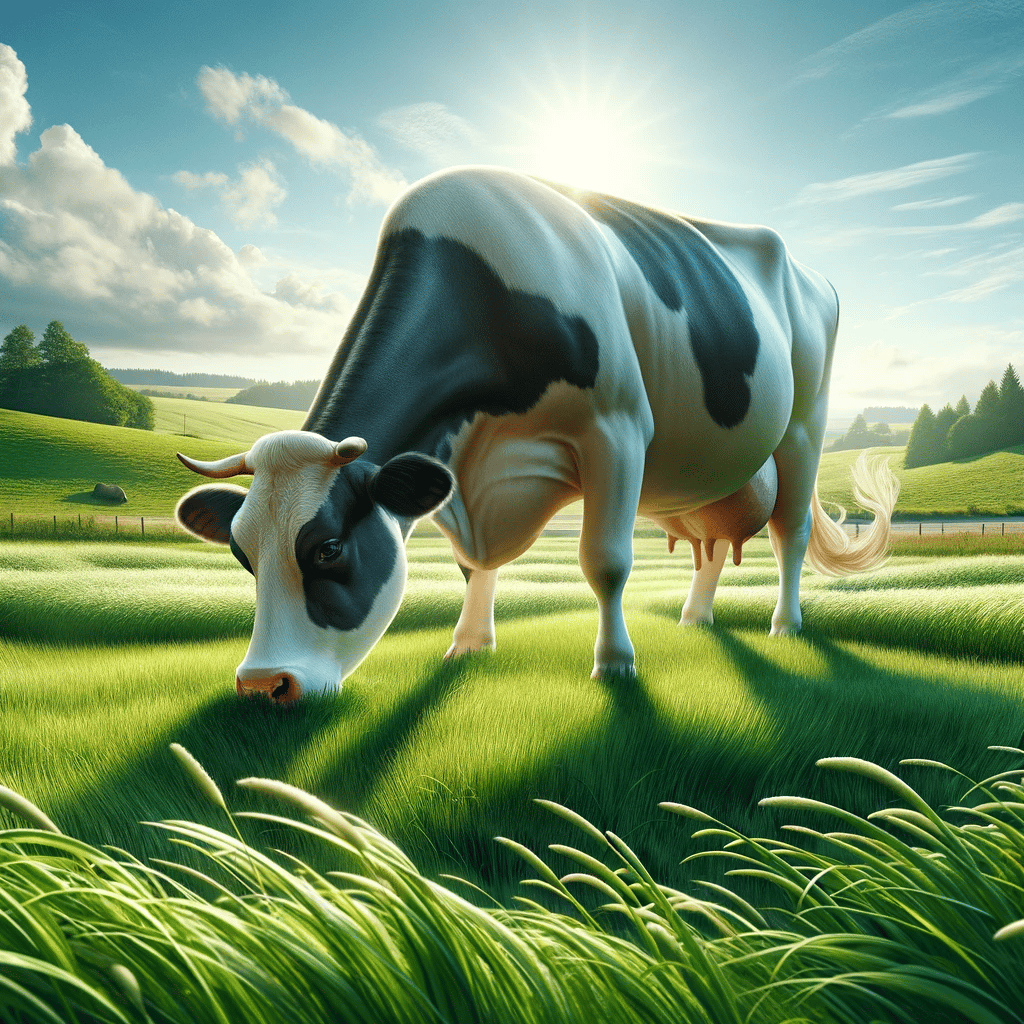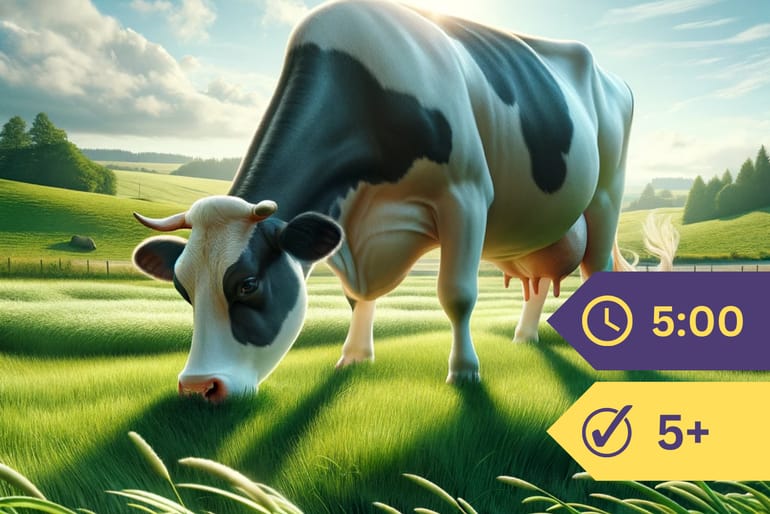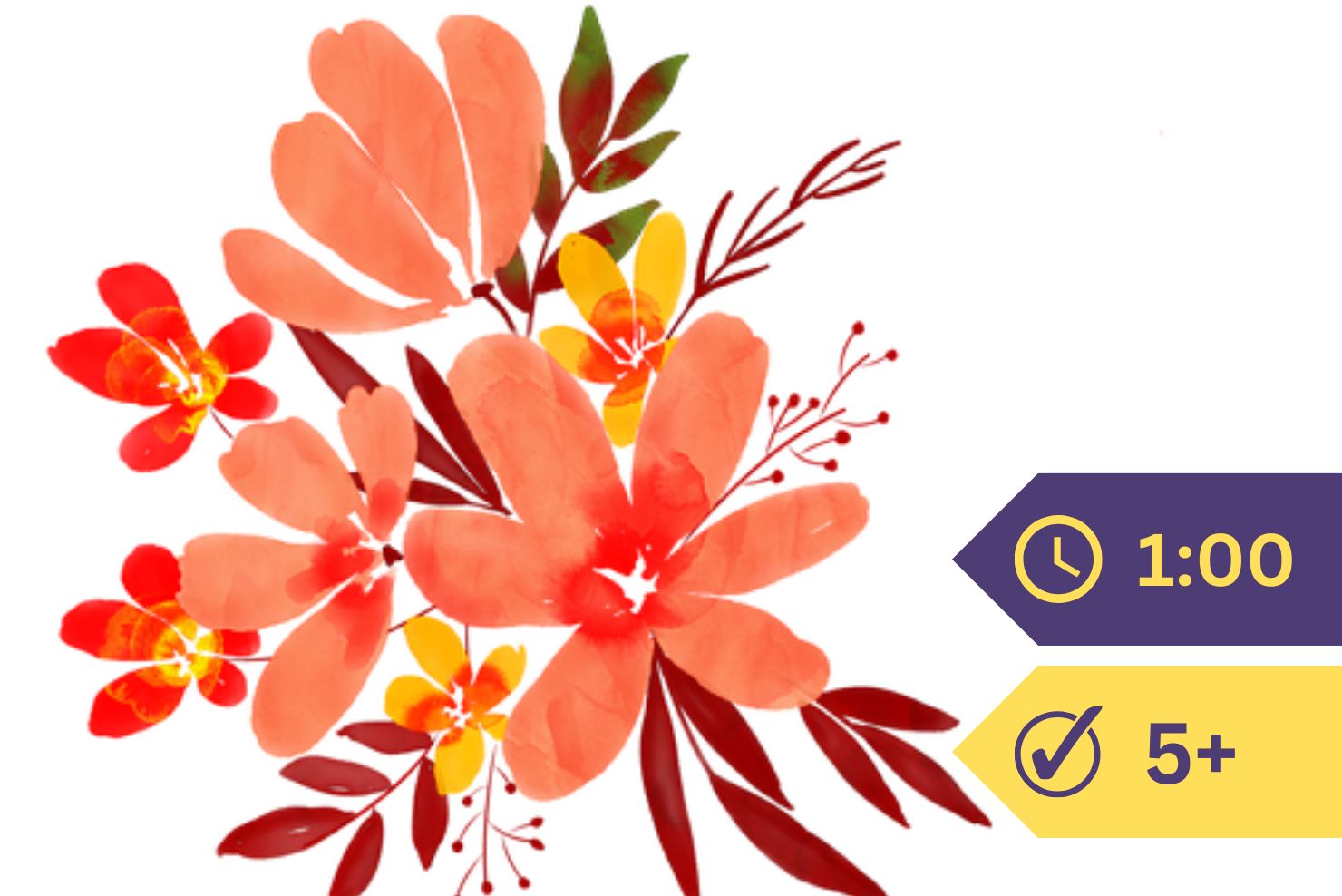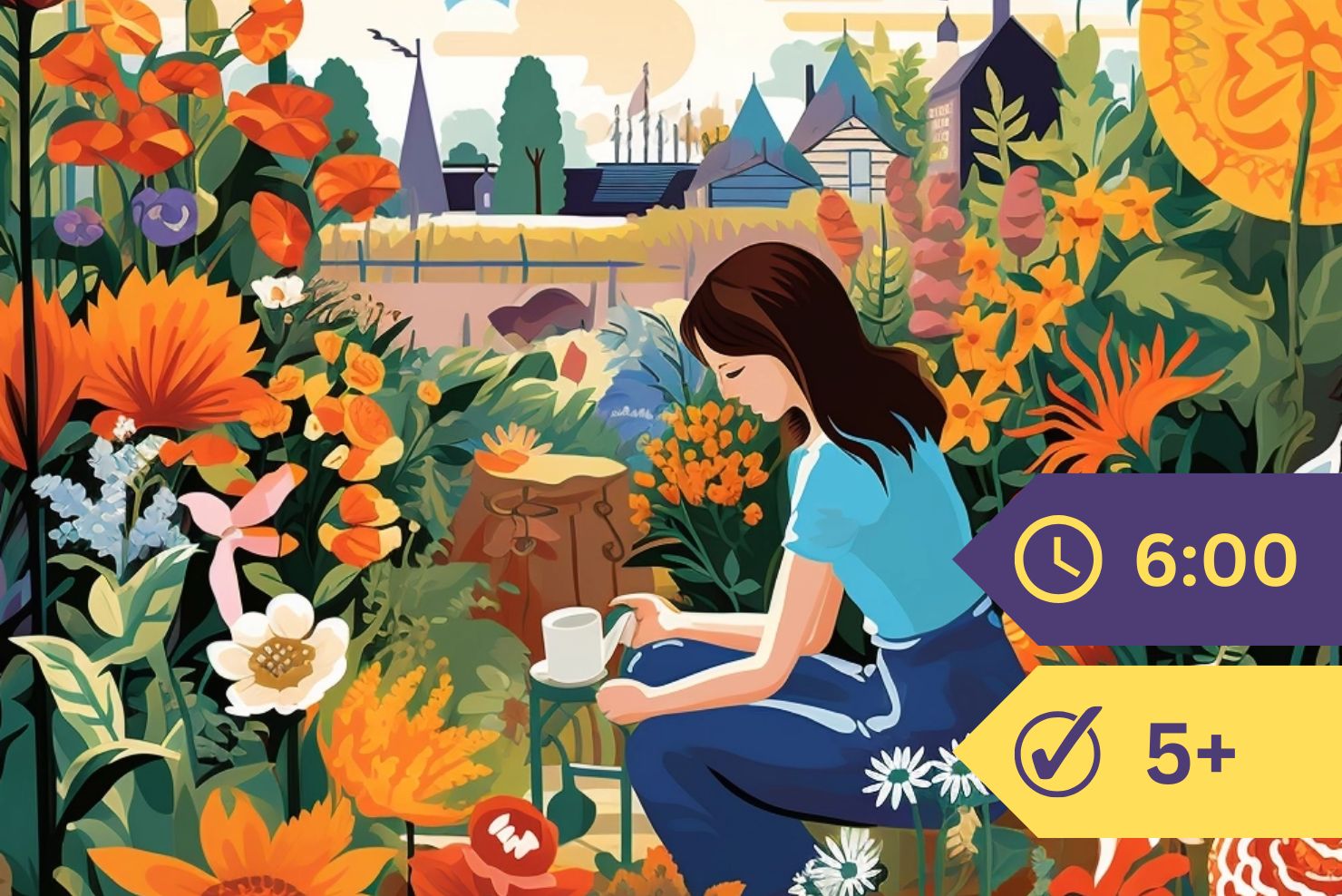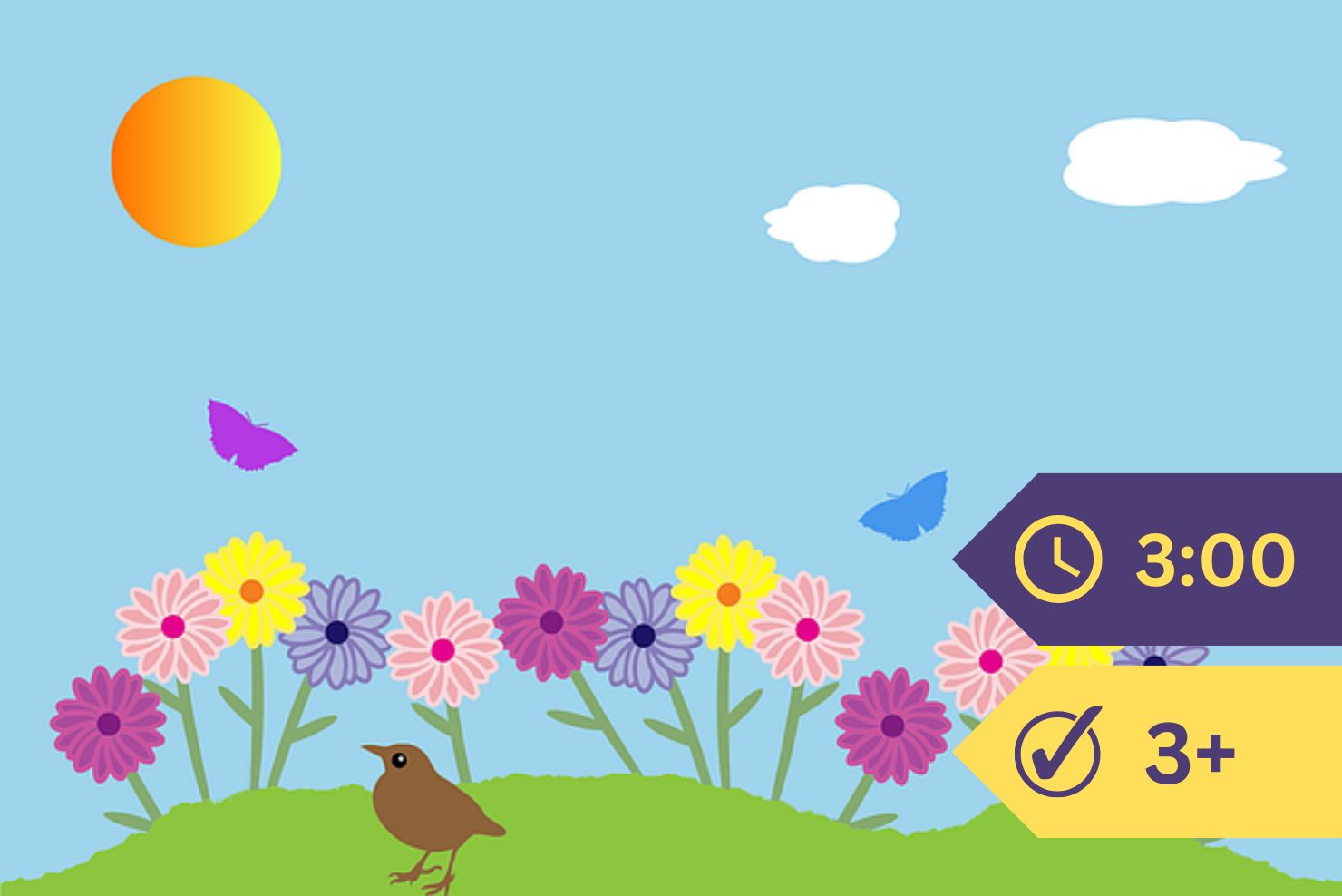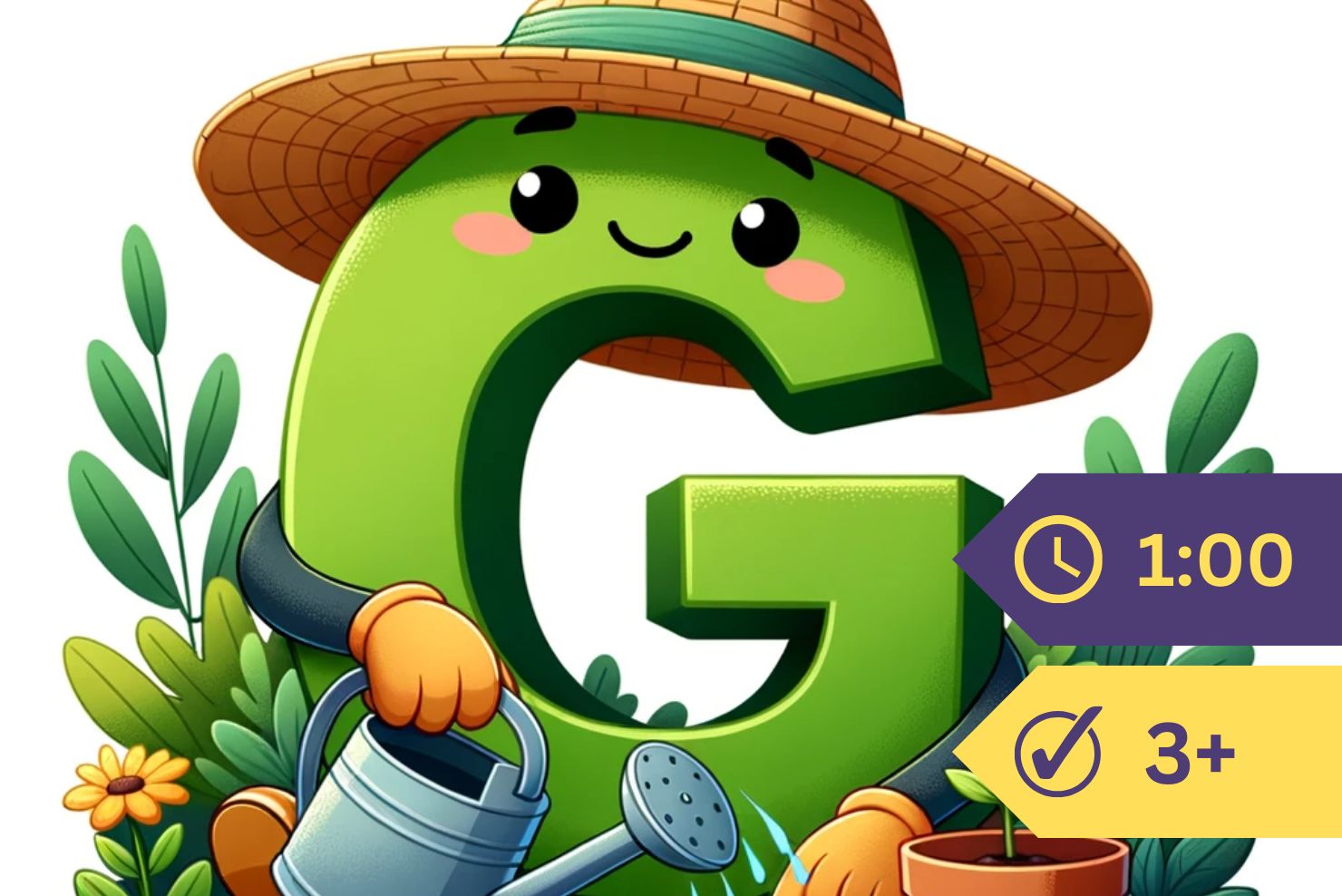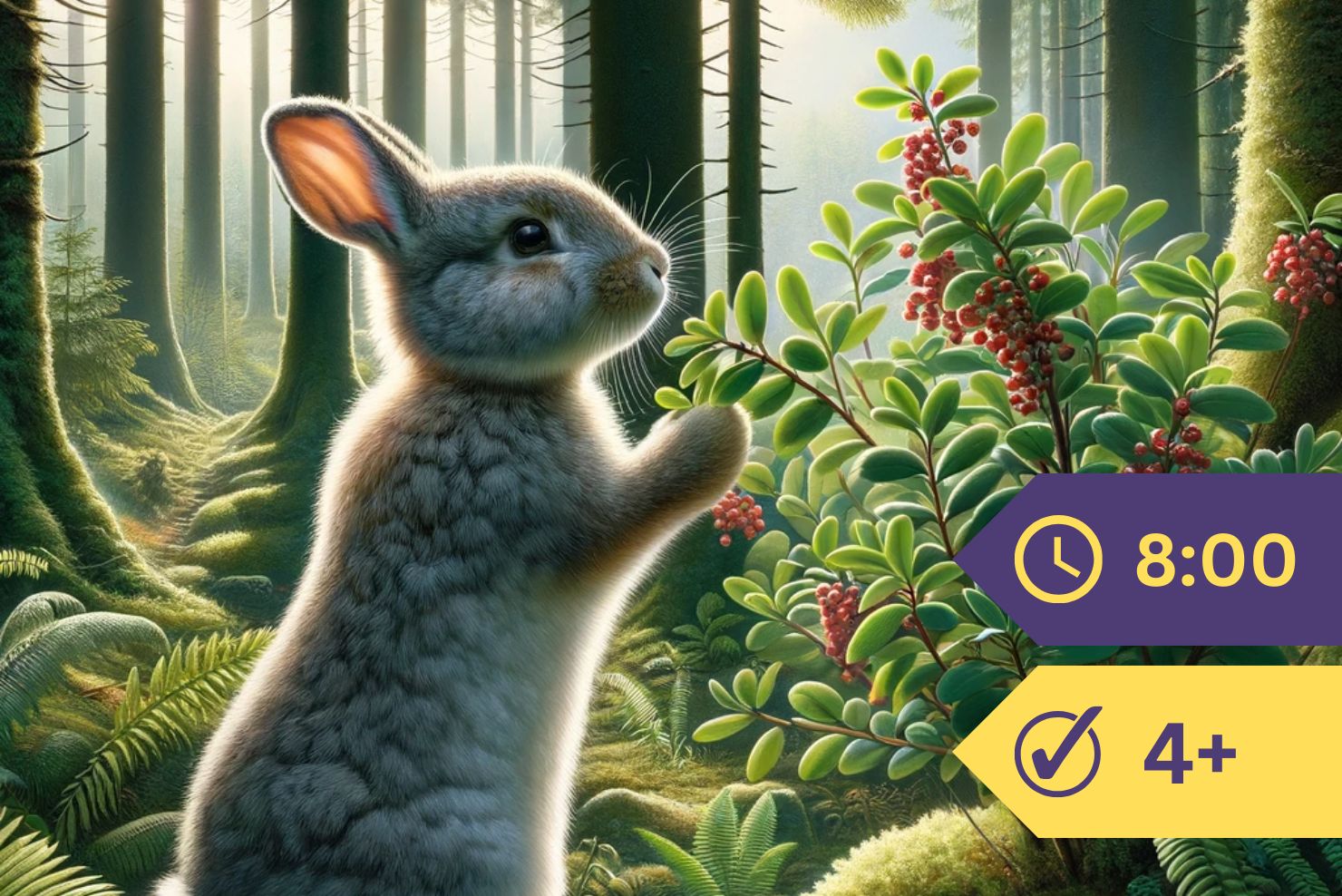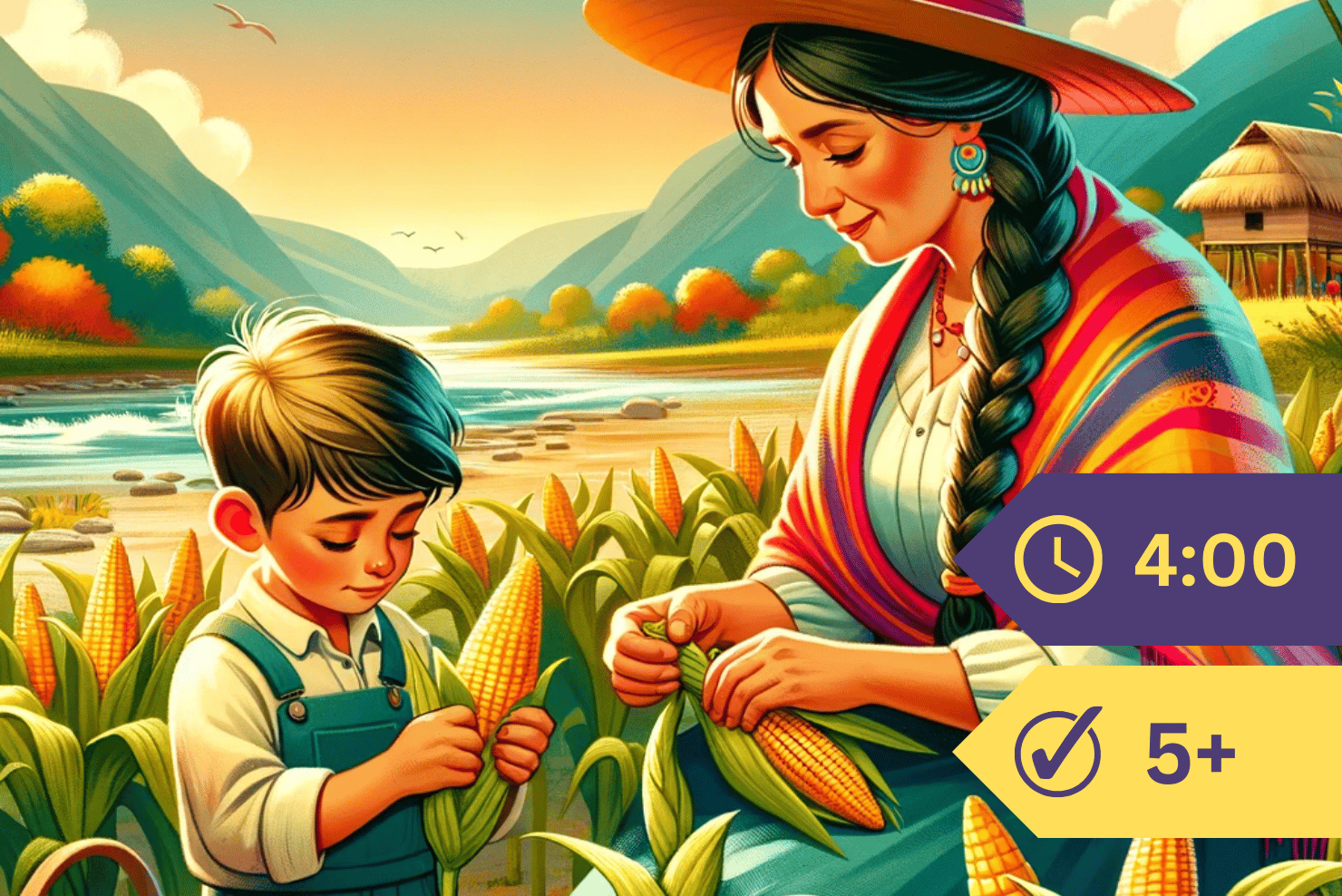We have just learned that the fruit is important because it holds the plant’s seeds; and we know that seeds are important because from them come the new plants for another year. Let us stop here one moment, and try to think what would happen if plants should stop having seeds, if there should be no new plants.
We all, and especially those of us who are children, carry about with us a little picture gallery of our very own. In this gallery are pictures of things which our[ real eyes have never seen, yet which we ourselves see quite as plainly as the objects which our eyes rest upon in the outside world. Some of these pictures are very beautiful. They show us things so wonderful and delightful and interesting, that at times we forget all about the real, outside things. Indeed, these pictures often seem to us more real than anything else in the world. And once in a great while we admire them so earnestly that we are able to make them come true; that is, we turn our backs upon them, and work so hard to bring them about, that at last what was only a picture becomes a reality.
Perhaps some of you children can step into this little gallery of your own, and see a picture of the great world as it would be if there should be no new plants.
This picture would show the world some hundreds of years from now; for, although some plants live only a short time, others (and usually these are trees) live hundreds of years.
But in the picture even the last tree has died away. Upon the earth there is not one green, growing thing. The sun beats down upon the bare, brown deserts. It seems to scorch and blister the rocky mountain sides. There are no cool shadows where one can lie on a summer afternoon; no dark, ferny nooks, such as children love, down by the stream. But, after all, that does not matter much, for there are no children to search out such hidden, secret spots.
“No children! Why, what has happened to them?”
Well, if plants should stop having children (for the little young plants that come up each year are just the children of the big, grown-up plants), all other life—the life of all grown people, and of all children, and of all animals—would also come to an end.
Did you ever stop to think of this,—that your very life depended upon these plants and trees? You know that they are pretty to look at, and pleasant to play about; but I doubt if you ever realized before, that to them you owe your life.
Now let us see how this can be. What did you have this morning for breakfast?
Bread and milk? Well, of what is the bread made? Flour? Yes, and the flour is made from the seeds of the wheat. If the wheat stopped having seeds, you would stop having bread made from wheat seeds. That is plain enough.
Then the milk,—where does that come from?
“That comes from the cows, and cows are not plants,” you say.
True, cows are not plants, but what would happen to the cows if there were no plants? Do not cows live in the green meadows, where all day long they munch the grass plants? And would there be any green meadows and all-day banquets, in years to come, if the grass did not first flower, and then seed? So then, no grass, no cows, and you would be without milk as well as without bread for breakfast.
And so it is with all the rest of our food. We live on either plants or animals. If there were no plants, there would be no animals, for animals cannot live without plants.
“We are the children that drink the milk, that comes from the cows, that eat the grass, that grows from the seeds in the meadow.”
“If there were no seeds, there would be no grass to feed the cows that give us our milk for breakfast.”
And so it is everywhere. Plants give us a kind of food that we must have, and that only they can give. They could get on well enough without animals. Indeed, for a long time they did so, many hundreds of years ago. But animals cannot live without plants.
I think you will now remember why seeds are of such great importance.
